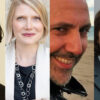





Breaking the Canon
Konferenz zur Kanonzerstörung – Tag 2
Past dates
6/12/21
12:00 PM
Day 2 of The Conference
»Canon«, a – controversial, changeable, but nonetheless powerful – collection of works that are collectively ascribed outstanding importance. Works belonging to the so-called canon are published in editions of classics, staged in theatres for decades and centuries, reviewed in the feuilleton, awarded literary prizes, translated, taught in school and universities. Due to structural racism, ableism, classism or sexism, only a few have the power to define what becomes part of the canon and who can find themselves in it. The social selection of these works exerts violence: through erasure, appropriation, economic discrimination, reproduction of discrimination. But what to do with the canon? Dismantle, transform, overwrite, infiltrate, explode, archive, start again?
• The program on Friday and Sunday will take place with live audience at Kampnagel in K2, and be streamed online. Seats on large pillows are available by booking a place in the first row. The program on Saturday will only take place digitally.
• All parts of the live program will be streamed live in Zoom Webinar and on Kampnagel’s Vimeo channel.
• Some parts of the program are in spoken German, some in spoken English. Simultaneous audio translation to both languages will be available in Zoom and in Vimeo. In Vimeo, both English and German subtitles will be available for all parts of the live program. The streaming on Vimeo will remain online after the conference.
• During the Q&As, you can ask question via the chat in Zoom Webinar, or by sending your question in a text message (the phone number will be displayed during the stream)
Dies ist der englischsprachige Stream. Zum Stream mit deutschem Ton und Untertiteln HIER klicken.
Keynote: Metaphors, Bibles, And Canes: On Re-contextualizing And Creating A Personal Canon. By Kenny Fries
12:00 / 30 min. + Q&A afterwards
Canon is a word derived from a Hebrew and Greek word denoting a reed or a cane. Therefore it means something straight, or something to keep straight. This is very interesting for the writer Kenny Fries, who both uses a cane and is decidedly not straight (as we have come to understand the word). As a disabled queer writer, he did not have a received canon. However, having a personal canon is important to him, so he has created a canon for himself. Along the way, he re-visions traditionally canonical works from a disability and queer perspective, and, with the help of works of other non-canonized writers, he re-contextualizes such canonical works as Velazquez’s painting »Las Meninas,« Melville’s Moby-Dick, and Gunter Grass’s The Tin Drum, while showing how writers from marginalized identities, when entering the canon, re-inscribe the values of the mainstream. Inclusion is decided by those who already hold power.
• Live in Zoom Webinar, streaming to Vimeo Kampnagel. • In spoken English with simultaneous translation to spoken German, English subtitles and German subtitles.
Panel Discussion: Fuck A Canon – aesthetic Visions Beyond The System
13:00 / 60 Min. + Q&A afterwards
»Also, I feel like… fuck a canon! I don’t think we need to invite or accept others into a canon. I think actually, we do not need a canon. We need some other form that isn’t even about that word inclusion, which I fucking hate. There needs to be something that is not a canon and that is created by the people who have been excluded. I’m just putting it out there, like - what could it be? I don’t know! But I wanna usurp the idea of domination, usurp the idea that inclusion could mean «everybody is happy inside of the same structure» - meaning the canon. Because I actually think that any marginalized person knows that survival means working outside of the system«
- Perel (Panel discussion at Kampnagel, Oct. 2020)
Taking into account the harm, appropriation, and violence that necessarily occurs in canon-formation and incorporation, how can we envision other forms of knowledge collection and artistic support? How can those of us on the margins come into the center of discourse, and what would that look like? What could we gain from other ways of working across forms of literature, art, and theater where the power of production is not centralized, but collectivized? How can we create different spaces of artistic work, fluid archives, holding and connecting different artists and different forms? Understanding the canon as a system that generates certain aesthetics through selection, we want to discuss how our own aesthetics can be defined outside of that system, in ways which celebrate their power, instead of being subsumed into the mainstream, devalued in a gesture of »inclusion«, or instrumentalized.
Speakers: Perel, SchwarzRund, Alexandrina Hemsley, Nadja Ofuatey-Alazard Moderation: Nina Schulz
• In spoken English with simultaneous translation to spoken German, English subtitles and German subtitles • Live in Zoom Webinar, streaming to Vimeo Kampnagel.
Virtual Post-canonical Book Fair
14:15 / 60 min. / TAKES PLACE AT SPATIAL CHAT.
If we were to ask the average white male German citizen to take a critical look at his private library - how many texts by women would we find there? How many by queer people, and how many by black authors? Books by disabled authors or trans authors? Yet literature can above all be an invitation to follow certain descriptions, perceptions, views of the world that are not one's own.
Publishers, bookstores, libraries, and archives can turn the one-sided bookcase inside out. At the virtual post-canonical Book Fair, some important projects from these fields are available virtually in a shared live space - introducing themselves, and bringing their personal most loved books to give you new food for thought on your way to an anti-racist, queer-feminist, anti-ableist reading list.
With: • Archiv Behindertenbewegung • Black Feminist Book Shop • Buchhandlung im Schanzenviertel (Mariam Ibrahim, Elin L. Kuttimalai) • stolzeaugen.books - Die erste BiPoC Verlagsgesellschaft von und für BiPoC • Tebalou • Theodor Wonja Michael Bibliothek • w_orten & meer – Verlag für diskriminierungskritisches Handeln
HERE is a digital prorgram booklet with infos about the initiatives and book recommendations.
This part takes place in Spatial Chat, an interactive digital space. Those who wish can join in with video and/or audio and engage in conversation with the experts. No translation. HERE is the access to the Spatial Chat room.
Dialogical Keynote: Dispossessing The Canon. Classism In The Culture Industry. By Francis Seeck And Daniela Dröscher
15:15 / 45 min.
The dialogical keynote between Francis Seeck and Daniela Dröscher shows how canon formation and class oppression are intertwined. What is perceived as part of a canon is related to the question of what is recognized as knowledge and what is not. The canon is a powerful tool of people from the upper and middle class to distinguish themselves from the working class and the poverty class. In the keynote we will not only look at the highly subsidized (also called »high culture«) institutions, but also at the independent scene: Who decides what is canonical and what is not? Which forms of knowledge are recognized, which are devalued? We will point out im_possibilities of a critique of the canon that is critical of classicism.
Moderation: Ewe Benbenek
• In German spoken language with simultaneous English translation, English and German subtitles • Prerecorded, streaming in Zoom Webinar and to Vimeo Kampnagel.
Panel Discussion: »remote Relatives – On Canon, Leitkultur, And Reversed ,identity Politics‘«
16:15 / 60 min. + Q&A afterwards
The panel discusses the kinship between the canon and the construction of a »German hegemonic culture«: How can we come to a deeper understanding of the implicitly folkish notion of art and culture that speaks from many of the all-white/cis/straight/non-disabled municipal theatre ensembles, literary studies curricula, theater repertoires and syllabi, or even book prize selections? Why is the German canon generally not accused of white German »identity politics«? What racist, ableist, cis- and heteronormative construction of »universal« humanity is inherent in these homogeneous casts - quite in contrast to the self-image in the literature, art and theatre scenes, as per se »critical organs of society«? And which artistic disciplines are excluded from the outset from a German cultural canon because they are not recognised as »universally valid« art or literature?
Speakers: Prof. Dr. Azadeh Sharifi, Dr. Max Czollek, Anta Helena Recke, Noa Winter Moderation: Amina Aziz
• Live in Zoom Webinar, streaming to Vimeo Kampnagel. • In German spoken language, with simultaneous translation to spoken English, English subtitles and German subtitles
Virtual Post-canonical Book Fair
17:30 - open end
This part takes place in the Spatial Chat, an interactive digital space. Those who wish can join in with video and/or audio and engage in conversation with the experts. No translation. HERE is the access to the Spacial Chat room.

